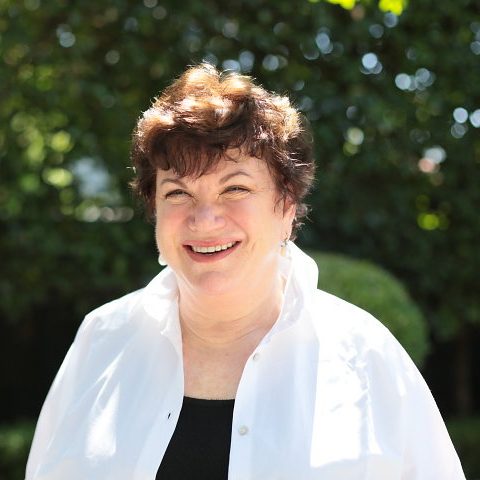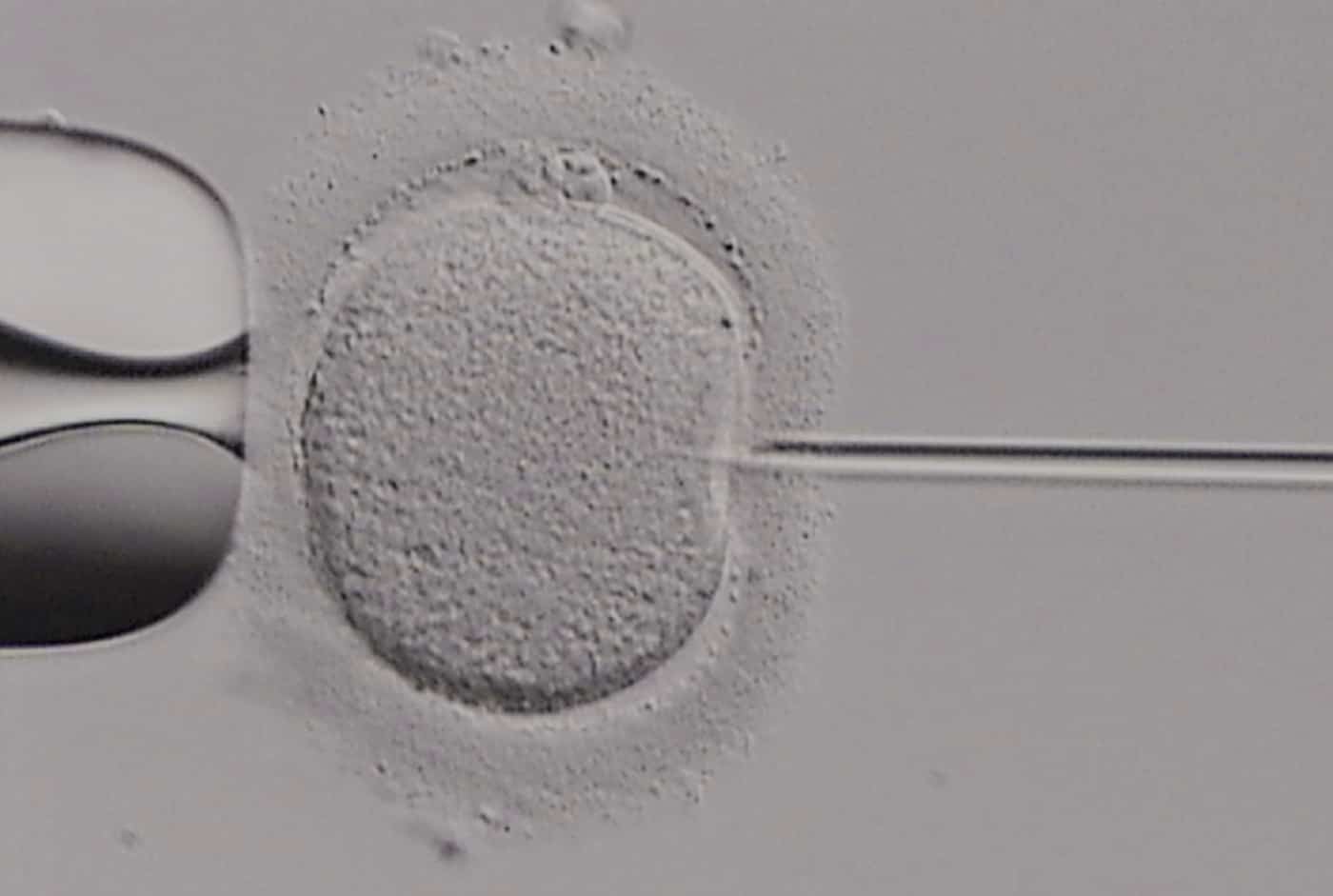Here at our Hurstville fertility clinic, we take a holistic approach. We always start our treatment journey with every attempt to improve your natural fertility. But if we find that assisted reproductive technology is the best way forward to growing your family, we will have a discussion about your options and how they align with your goals and personal preferences.
As you consider your options and embark on this life-changing journey, it’s essential to have a clear understanding of what to expect. At Fertility First, our success rates speak to our commitment to excellence and the comprehensive care we provide to each patient. With the majority of our patients achieving their dreams of parenthood—either through IVF or alternative treatments—we are proud of the dedicated support and high-quality services we offer.
We take pride in our approach to IVF treatment. Our use of innovations in reproductive medicine and advanced techniques has translated into impressive outcomes:
Our attention to identifying and treating all fertility factors, including the impact of age on sperm, has allowed women up to 48 years old to successfully birth healthy babies using their own eggs.

At our clinic, we promise to see you promptly, as we believe it is important for you to receive the most appropriate treatment when it’s required. The timing of your appointments are determined by you, within the constraints of the menstrual cycle.
As infertility in couples can involve both partners,we recommend that you both attend your first consultation together, so we provide you with the most accurate assessment, provide general information on improving fertility and begin your fertility treatment as soon as possible.
During the initial appointment, we will discuss your options for fertility treatment, including costs.
Normally your ovaries release just one egg per menstrual cycle. To maximise your success with IVF, we used controlled ovarian hyperstimulation through medications so your ovaries produce multiple eggs. We will teach you how to administer these medications yourself at home.
Throughout the ovarian stimulation process, we will be monitoring the development of your ovarian follicles and eggs through ultrasound and blood tests. When the time is right, we’ll perform an egg retrieval, which involves an ultrasound-guided needle to collect the mature eggs directly from your ovaries.
These eggs are then combined with sperm, whether from your partner or a sperm donor, in a controlled laboratory environment. If you are undergoing IVF treatment with a history of pregnancy loss, previous IVF implantation failure, or unexplained infertility, we will grow your fertilised egg in a specialised culture media known as GemsⓇ.
After a few days in our upgraded GeriⓇ time-lapse incubators, we select the healthiest embryos for transfer to your uterus to carry through pregnancy. If you have chosen to undertake the optional preimplantation genetic testing (PGT), the embryos formed through the fertilisation process will have their DNA tested to identify which are at the lowest risk of a genetic abnormality. Any extra viable embryos not needed for the transfer can be frozen for future use if you choose. We arrange a pregnancy blood test around 16 days later.
The cost of IVF treatment is dependent on various factors, including whether additional procedures are required to improve the likelihood of success and your private health insurance coverage. Visit our costs page for more information.
If your fertility specialist recommends an alternative treatment path to IVF first, we offer treatments to help both couples and individuals address their fertility challenges. These treatments could include ovulation induction and cycle monitoring, intrauterine insemination (IUI) with either partner or donor sperm, frozen embryo transfer, and more.
The timeline for starting IVF treatment can vary depending on individual circumstances and the results of your initial consultation and fertility testing. However, once you’ve completed a comprehensive evaluation with our fertility specialists, we can often begin the IVF process relatively quickly.
For your convenience, we offer a range of appointments throughout the week so you can find a time that suits you best.
This question is difficult to answer as there are many variables involving both yourself and your partner. On average, women in their 30s have a 90% chance of a successful pregnancy through IVF, while women in their 40s have an 80% chance.
At Fertility First, we recognise that every patient’s fertility journey is unique and we dedicate our time to providing a comprehensive approach to fertility treatment and reproductive health.
As pioneers in the field, we were among the first fertility clinics in Australia to introduce a donor sperm program, and we are proud to offer the Halosperm assay male fertility test to our patients – one of only a few clinics in the country to do so. As a privately owned fertility clinic, we also have more autonomy and freedom in being able to provide more affordable treatments without compromising on quality of care.
Like any medical procedure, IVF comes with potential risks. While these risks are generally low, it’s important to be aware of them. During your initial consultation with us at Fertility First, we have a discussion about what you need to know regarding the risks of IVF and how they relate to your specific circumstances.
Some potential complications of IVF include a multiple pregnancy (with the associated risks of this), overstimulation of your ovaries from the medications (ovarian hyperstimulation syndrome), and infection during egg retrieval or embryo transfer.

There are so many acronyms and scientific terms, it can be all too easy to feel lost. So what’s the difference between IVF and ICSI?

Some reassuring research was published recently involving the long term cognitive and behavioural outcomes of children conceived by Assistive Reproductive Technologies.

There have always been initial concerns about the health and development of babies conceived through IVF, but they are completely normal.